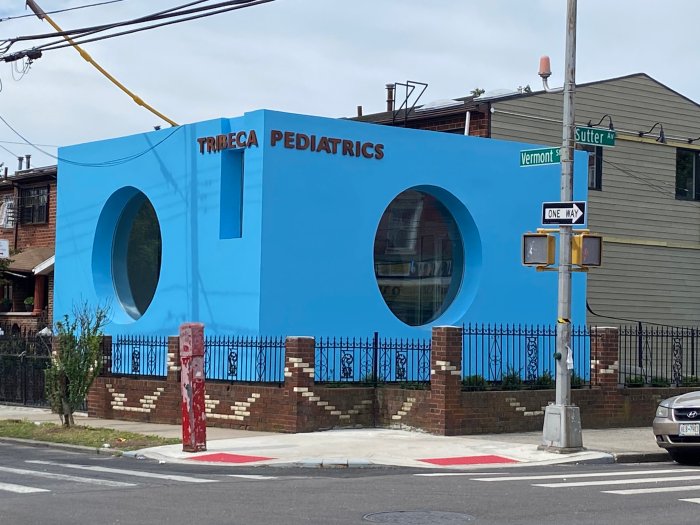Watching television these days, you can’t help but be exposed to a variety of advertisements about the wonderful effects of using one drug or another. After hearing the announcer tell all the good things about the particular drug being advertised in a clear and easily understood voice, the voiceover changes to a rapid but not alarming tone, softly but accurately listing all the FDA warnings about what might go wrong as a result of using the drug.
This is especially true when the drug might have adverse side effects on a man’s sex life. Side effects such as difficulty in achieving erection, penetrating, maintaining the erection throughout intercourse and delayed or complete inability to reach orgasm make many men hesitate to even consider using the medication being advertised. Just as drugs can have an adverse effect on a man’s sex life so can surgery or other treatments.
Prostate surgery at one time was considered to be the end of a man’s sex and reproductive life. Things have improved considerably since then but there is still no doubt that prostate surgery, even in the best of surgical hands can result in varying degrees of erectile dysfunction and interference with reaching a satisfying orgasm and being able to ejaculate without discomfort.
TherMatrx, an office based, non-surgical microwave thermotherapy treatment is ideally suited as an alternative to prostate surgery in the majority of cases.
As reported in Urology Times April 2005, statistically significant studies, done by Gregg R. Eure, M.D., asst. professor of Urology, Eastern Virginia Medical School in Norfolk, Virginia, have shown that not only have there not been any adverse sexual side effects following the use of the TherMatrx treatment but there actually is evidence of an improvement in the sexual functioning of some patients. The headline in the Urology Times, a widely read and well-respected journal in the urology community, was “BPH treatment device may improve sexual function”.
My own experience bears out Dr. Eure’s findings. Most men, who have undergone the in-hospital surgical procedure under anesthesia known as a TURP, transurethral resection of the prostate or any of the open prostate surgical procedures for the relief of the symptoms of benign prostate enlargement, complain of the postoperative consequence of retrograde ejaculation, also known as “Shooting Blanks.”
I have never seen retrograde ejaculation occur as a result of a TherMatrx treatment. Furthermore, usually within three months following a TherMatrx treatment, some or all of the medications, the patient had been taking to shrink the gland or relax the constricting muscles in the prostate can be discontinued. These medications can each have an adverse effect upon a man’s sex life so stopping them only helps to improve the situation. The best way to avoid sexual problems, which follow prostate surgery, is to avoid the surgery altogether and consider the use of TherMatrx.
Have a question? Call Dr. Okun at 718-241-6767
























